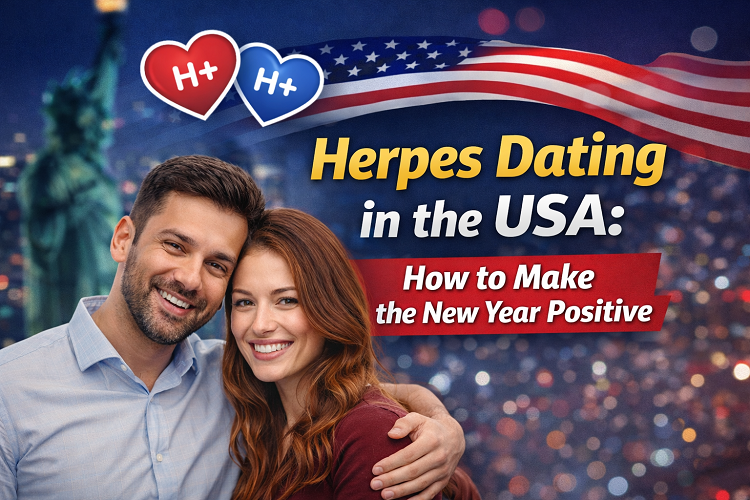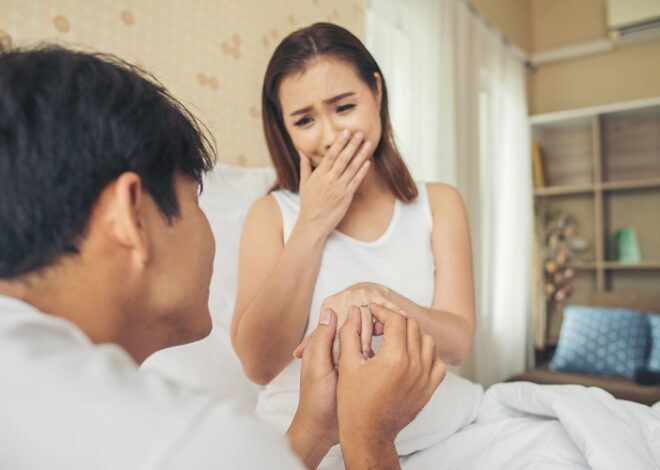When it comes to love, intimacy, and dating, one of the most overlooked topics is the impact of HPV And Other STIs in relationships—especially within the African American community. Talking about sexual health has long been weighed down by stigma, shame, and silence. Yet, with so many people living with HPV (Human Papillomavirus) and other sexually transmitted infections (STIs), the reality is clear: millions of individuals are navigating dating, intimacy, and self-confidence while carrying these conditions.
For African Americans, this issue is layered with additional complexities. Systemic inequalities in healthcare, lack of access to resources, and cultural stigma often make conversations about STIs even more difficult. This article dives deep into breaking the stigma, offering support, and highlighting practical ways to build meaningful relationships while living with HPV or other STIs.
Understanding HPV & STIs in the African American Community
Before we can talk about dating, relationships, or breaking stigma, it’s important to understand the facts. HPV is the most common STI in the United States, with nearly 80 million people currently living with it. Most sexually active individuals will contract some form of HPV in their lifetime.
Among African Americans, STI rates are disproportionately high. According to data from the CDC, African Americans account for a higher percentage of HPV, chlamydia, gonorrhea, and HIV diagnoses compared to other groups. However, these numbers don’t reflect irresponsibility—they reflect systemic issues such as healthcare access, limited sexual health education, and social stigma.
Living with HPV or any STI does not mean you are “less worthy” of love or a healthy relationship. But for many African Americans, stigma creates unnecessary barriers in dating and intimacy. That’s why conversations like this are crucial—to replace shame with empowerment.
Breaking the Silence: The Weight of Stigma
Stigma is often more damaging than the infection itself. For African Americans with HPV or other STIs, silence and secrecy can make dating feel like an impossible challenge. Many fear rejection, judgment, or gossip within close-knit communities.
Unfortunately, stigma is reinforced by myths, stereotypes, and misinformation. For example:
- Some believe STIs are a result of “promiscuity,” ignoring the fact that HPV is so common it can affect anyone.
- Others assume living with an STI means a person cannot have safe, fulfilling relationships.
- Within certain cultural contexts, discussing sexual health is seen as taboo, leaving individuals feeling isolated.
The truth is, having HPV or another STI does not define your worth. The more we normalize these conversations, the less power stigma has over our lives.
The Role of Cultural and Historical Barriers
Dating with HPV and STIs for African Americans cannot be understood without addressing cultural and historical realities. Medical mistrust runs deep in Black communities due to historical injustices like the Tuskegee Syphilis Study. This mistrust has long-term effects, discouraging some from testing, treatment, or even open conversations about sexual health.
Additionally, cultural expectations around respectability and reputation often silence conversations about sex. This makes it harder for African Americans to openly share their STI status or seek communities of support.
To break stigma, we must dismantle these historical and cultural barriers by promoting education, open dialogue, and inclusive healthcare that affirms the dignity of African Americans living with STIs.
Building Confidence: Loving Yourself Beyond Diagnosis
One of the hardest parts of dating with HPV or any STI is the internal battle. Many African Americans living with these conditions struggle with self-esteem and wonder if they will ever be accepted by a partner.
The first step is self-love. Remember:
- You are not alone—millions of people live and date successfully with STIs.
- Your diagnosis does not erase your value, beauty, or worthiness of love.
- Education empowers confidence. When you know the facts about transmission, treatment, and safe practices, you feel more in control of your narrative.
By reframing the conversation from shame to empowerment, African Americans with HPV or STIs can approach dating with self-assurance. Confidence not only attracts the right partners but also sets the tone for open, respectful conversations.
Navigating Disclosure in Dating
One of the most sensitive aspects of dating with HPV or STIs is deciding when and how to disclose your status. For African Americans, this can feel particularly heavy due to fear of judgment in culturally close communities.
Here are strategies for handling disclosure:
- Timing matters – You don’t have to reveal on the first date. Wait until you feel trust and connection.
- Be informed – Explain the facts about your STI, including how common HPV is, preventive measures, and treatment options.
- Stay calm and confident – Delivering your truth with confidence reduces the chance of a negative reaction.
- Accept reactions gracefully – Some people may walk away, but the right partner will appreciate your honesty.
Disclosure is not just about your partner—it’s about respecting yourself and setting the foundation for a relationship built on trust.
Safe Intimacy: Protecting Yourself and Your Partner
Dating with HPV or other STIs doesn’t mean intimacy is off the table. In fact, with the right precautions, you can enjoy safe, fulfilling relationships.
- Condoms and dental dams reduce transmission risks.
- HPV vaccines offer protection against the most dangerous strains.
- Regular check-ups help you stay informed about your health.
- Honest communication with partners ensures mutual respect and safety.
For African Americans navigating stigma, understanding safe intimacy can ease fears and reinforce that healthy relationships are possible, regardless of diagnosis.
The Importance of Supportive Communities
Isolation is one of the hardest parts of living with HPV or other STIs. For African Americans, where cultural stigma can make disclosure harder, finding supportive communities is life-changing.
Support groups, online forums, and STI-positive dating platforms like MPWH (Meet People With Herpes) or PositiveSingles offer safe spaces to connect with others who understand. These communities help normalize conversations, provide emotional support, and create opportunities for relationships without fear of judgment.
Breaking stigma starts with building networks where acceptance, education, and compassion are the norm.
Dating Apps & STI-Friendly Platforms
In recent years, the rise of STI-positive dating apps has changed the game for African Americans navigating HPV and STI dating. These apps provide spaces where honesty is expected, and everyone comes with an understanding of sexual health challenges.
Benefits of STI-friendly dating platforms include:
- Eliminating the fear of rejection based on diagnosis.
- Encouraging safe, stigma-free conversations.
- Connecting individuals who prioritize honesty and compassion.
For African Americans, where stigma may feel especially heavy, these platforms offer freedom and possibility in dating.
Breaking Generational Cycles with Education
Education is the foundation of change. Within African American communities, breaking the cycle of stigma around HPV and STIs requires teaching both youth and adults about sexual health in open, shame-free ways.
- Schools must provide comprehensive sex education that addresses real-life challenges.
- Families should normalize conversations about consent, protection, and health.
- Churches, cultural leaders, and organizations can help by promoting compassion and awareness.
By addressing misinformation and replacing silence with truth, we can empower the next generation to approach dating and intimacy without stigma.
Healthcare Access & Advocacy
Access to quality healthcare is a critical part of navigating HPV and STIs. African Americans often face barriers such as cost, lack of insurance, or limited culturally competent providers.
Advocating for better access is key:
- Seek clinics and providers who understand the needs of Black communities.
- Demand policies that address systemic health disparities.
- Encourage peers to prioritize regular STI testing and HPV vaccinations.
Better healthcare access doesn’t just improve outcomes, it breaks stigma by showing that STI management is part of normal, responsible health care.
Moving Forward: Redefining Love and Intimacy
The future of dating for African Americans with HPV and STIs is not about shame, secrecy, or rejection. It’s about building a new culture where honesty is celebrated, and stigma holds no power.
By embracing self-love, prioritizing safe intimacy, supportive communities, and advocating for healthcare access, African Americans can reshape the narrative around STI dating.
Breaking stigma is more than a personal journey, it’s a collective movement. Together, we can redefine what it means to love, date, and thrive while living with HPV or any STI.
Conclusion: Empowerment Over Stigma
HPV and STIs are a reality, but they don’t define your destiny. For African Americans, breaking the stigma around dating with STIs means reclaiming narratives of worth, dignity, and love.
With education, supportive communities, safe intimacy, and cultural shifts, we can replace shame with empowerment. Love is not out of reach, it is waiting on the other side of honesty, compassion, and confidence.



